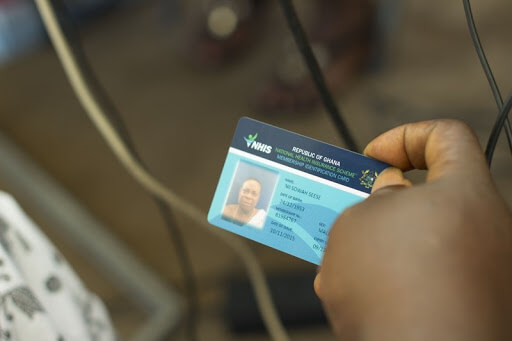NHIS System Crash Forces Return to ‘Cash and Carry’: Patients Pay Triple Amid Nationwide Breakdown

Ghana’s National Health Insurance Scheme (NHIS) is in turmoil as a week-long nationwide digital platform failure has crippled operations, forcing hospitals to revert to the pre-2004 “Cash and Carry” system and leaving thousands of cardholders facing tripled out-of-pocket costs for basic care.
The disruption, affecting over 16 million active members, has sparked fears of a regression in universal healthcare access, with patients at facilities like Gbawe SDA Hospital in Weija-Gbawe reporting devastating financial burdens on October 7
At Gbawe SDA, rain-soaked patients arriving for consultations were turned away from NHIS coverage, invalidating their cards and requiring full commercial payments. A routine consultation, typically GH¢18 under NHIS, surged to GH¢54—a 200% hike—while malaria tests and Full Blood Counts (FBC) became entirely uncovered.
Nii, accompanying his 75-year-old mother, spent over GH¢200 including labs, estimating a GH¢150 bill with NHIS: “I didn’t plan on spending that money.”
A 30s patient, recently discharged, paid GH¢1,500—potentially GH¢1,000 with insurance—lamenting, “If the system is down, they have to do something about it.
The glitch, managed by a third-party electronic health records system, has persisted since early October, prompting some facilities to deny care or charge upfront.
NHIA CEO Dr. Victor Asare Bampoe, visiting Ho Teaching Hospital on October 8, called it “unacceptable” and pledged short-term fixes like deploying staff to verify memberships manually, aiming for a “cash-free experience” while collaborating with the Ministry of Health.
Introduced in 2003 via Act 650 (amended by Act 852 in 2012), NHIS sought to eliminate out-of-pocket payments, funded by VAT, SSNIT deductions, and premiums, covering 40% of health spending.
Despite a GH¢10 billion 2025 boost (up from GH¢6.87 billion in 2024), challenges like poor coverage and quality persist, with the current outage exacerbating inequities.
Critics, including SEND Ghana’s Dr. Kwabena Agyemang, argue citizens pay twice—via contributions and fees—undermining the scheme’s equity goals.
The Ghana Meteorological Agency’s October 7 rain advisory worsened access in flooded areas, amplifying the crisis.
Bampoe appealed for patience as technical teams work, but patients like those at Gbawe warn of denied care for the vulnerable, threatening NHIS’s foundational promise.







